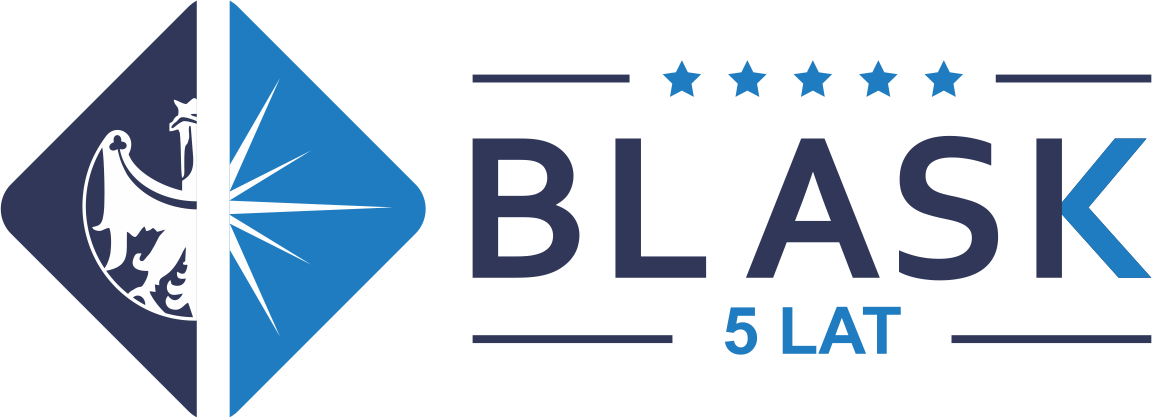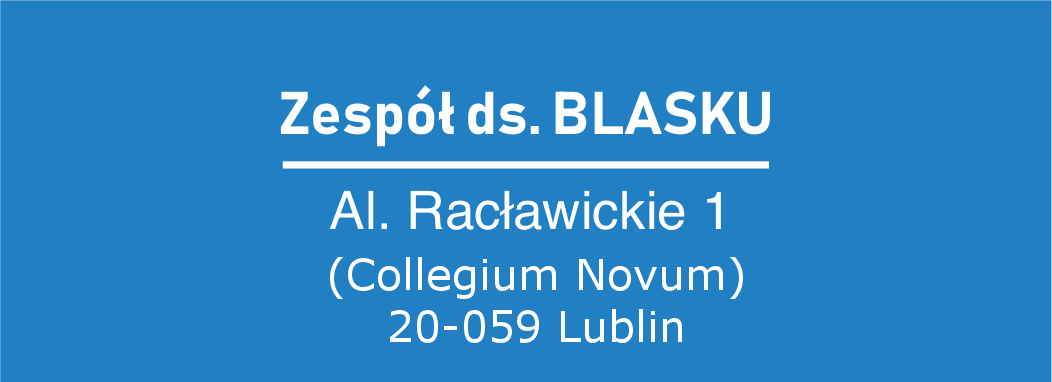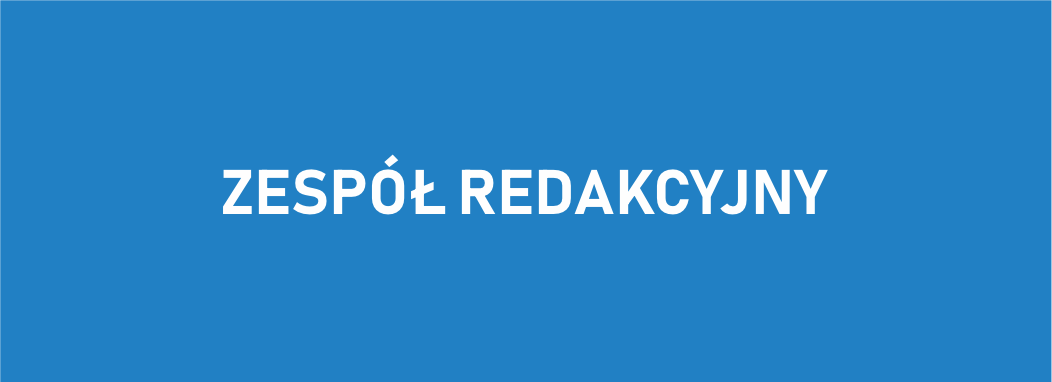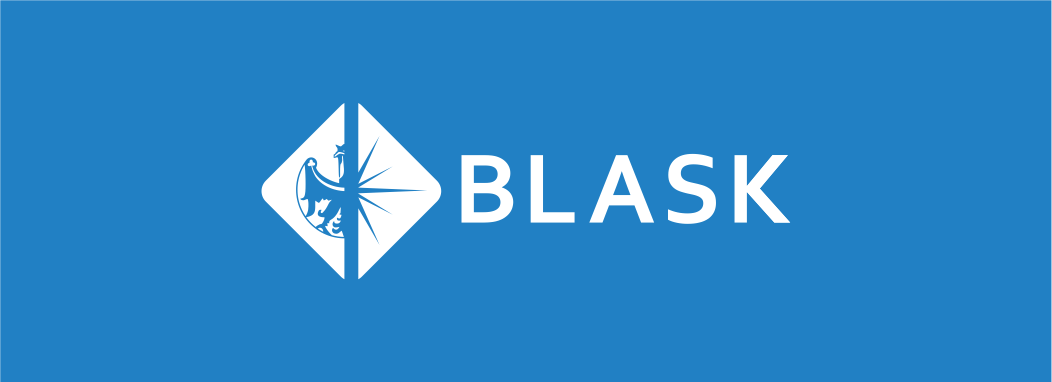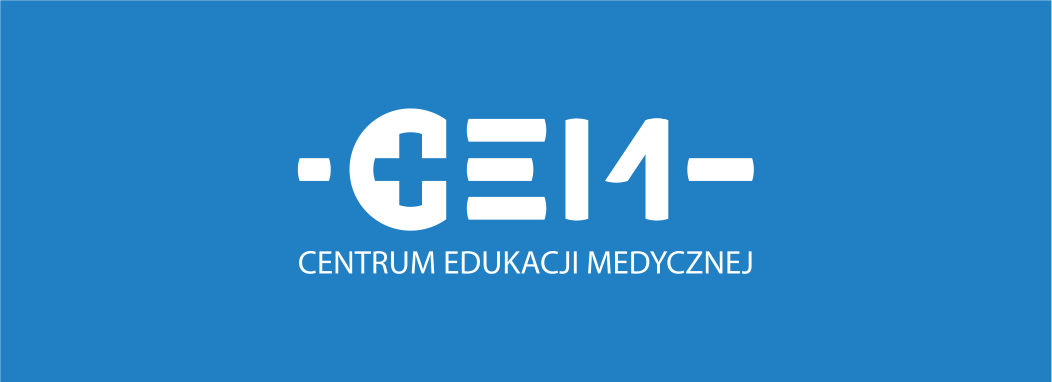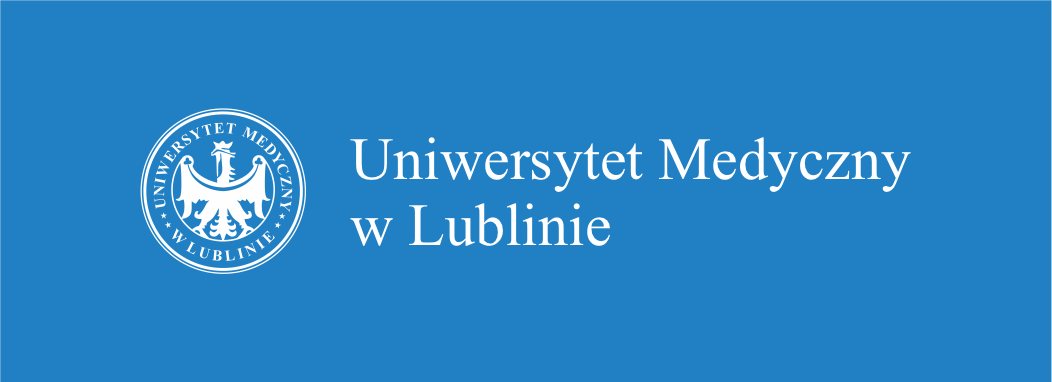Informator uniwersytecki
numer 031
październik 2024
★
55
Can newest technologies help us to repair brain?
The health of our brain is a topic of universal concern. According to Prof. Konrad Rejdak, a neurology expert from the Lubelska Medycyna Cluster, approximately one-third of the population struggles with a chronic neurological condition. He highlights that strokes are among the most pressing issues, increasingly affecting younger patients. As society ages, there is also a rise in neurodegenerative diseases such as Alzheimer’s and Parkinson’s. This underscores the importance of disseminating knowledge in this field, along with promoting health and preventive measures.
Lublin Science Festival; 16.09.2024; at 12.00
Lecture was delivered by Prof. Konrad Rejdak (M.D., Ph.D.)
“Can new technologies repair the brain?” This question framed a lecture delivered by Prof. Konrad Rejdak (M.D., Ph.D.) as a special event at the 20th Lublin Science Festival, titled “Man: The Heart of Science,” on September 16, 2024. The Aula of the Collegium Universum was filled to capacity with students from Lublin’s schools.
The human brain is fascinating and still holds secrets, although many issues related to its functioning have already been discovered based on research by teams of doctors and scientists. What can happen when some changes occur in the brain that most of us are not even aware of? Can we control the operation of electronic devices with our thoughts?
Prof. Rejdak was talking about simple ways to take care of the brain's health and about the available options for supporting a damaged brain using the latest technologies and devices already approved by FDA and EMA or still in development.
Lecture was delivered by Prof. Konrad Rejdak (M.D., Ph.D.)
“Can new technologies repair the brain?” This question framed a lecture delivered by Prof. Konrad Rejdak (M.D., Ph.D.) as a special event at the 20th Lublin Science Festival, titled “Man: The Heart of Science,” on September 16, 2024. The Aula of the Collegium Universum was filled to capacity with students from Lublin’s schools.
The human brain is fascinating and still holds secrets, although many issues related to its functioning have already been discovered based on research by teams of doctors and scientists. What can happen when some changes occur in the brain that most of us are not even aware of? Can we control the operation of electronic devices with our thoughts?
Prof. Rejdak was talking about simple ways to take care of the brain's health and about the available options for supporting a damaged brain using the latest technologies and devices already approved by FDA and EMA or still in development.
Prof. Rejdak discussed strategies for maintaining brain health and the available methods for supporting damaged brains through cutting-edge technologies and devices—many of which are already approved by the FDA and EMA or are still under development.
The Professor conveyed the essential elements of neurodegenerative disease prevention in a captivating and accessible manner, even for those without a medical background. He emphasized the characteristics of a healthy brain and highlighted the critical need for young individuals to care for this sensitive organ by ensuring adequate sleep, maintaining a balanced diet, and avoiding harmful substances. The audience expressed particular interest in topics such as the emergence of certain neurological disorders at a young age and the heightened risk of Alzheimer’s disease among individuals who excessively use electronic devices. Additionally, he introduced modern diagnostic and therapeutic methods for neurological disorders and discussed the challenges of the 21st century in this field, including the application of artificial intelligence, bioinformatics, robotics, and neuroprosthetics. The lecture, focusing on the integration of new therapies with advanced technologies, captivated the audience and sparked engaging discussions.
Prof. Konrad Rejdak brings 24 years of clinical experience to his role. He served as President of the Polish Neurological Society from 2021 to 2024 and is a member of the National Neurology Council as well as the Program Committee of the European Academy of Neurology. For the past 11 years, he has headed the Department and Clinic of Neurology at University Hospital No. 4 in Lublin.
The Professor conveyed the essential elements of neurodegenerative disease prevention in a captivating and accessible manner, even for those without a medical background. He emphasized the characteristics of a healthy brain and highlighted the critical need for young individuals to care for this sensitive organ by ensuring adequate sleep, maintaining a balanced diet, and avoiding harmful substances. The audience expressed particular interest in topics such as the emergence of certain neurological disorders at a young age and the heightened risk of Alzheimer’s disease among individuals who excessively use electronic devices. Additionally, he introduced modern diagnostic and therapeutic methods for neurological disorders and discussed the challenges of the 21st century in this field, including the application of artificial intelligence, bioinformatics, robotics, and neuroprosthetics. The lecture, focusing on the integration of new therapies with advanced technologies, captivated the audience and sparked engaging discussions.
Prof. Konrad Rejdak brings 24 years of clinical experience to his role. He served as President of the Polish Neurological Society from 2021 to 2024 and is a member of the National Neurology Council as well as the Program Committee of the European Academy of Neurology. For the past 11 years, he has headed the Department and Clinic of Neurology at University Hospital No. 4 in Lublin.
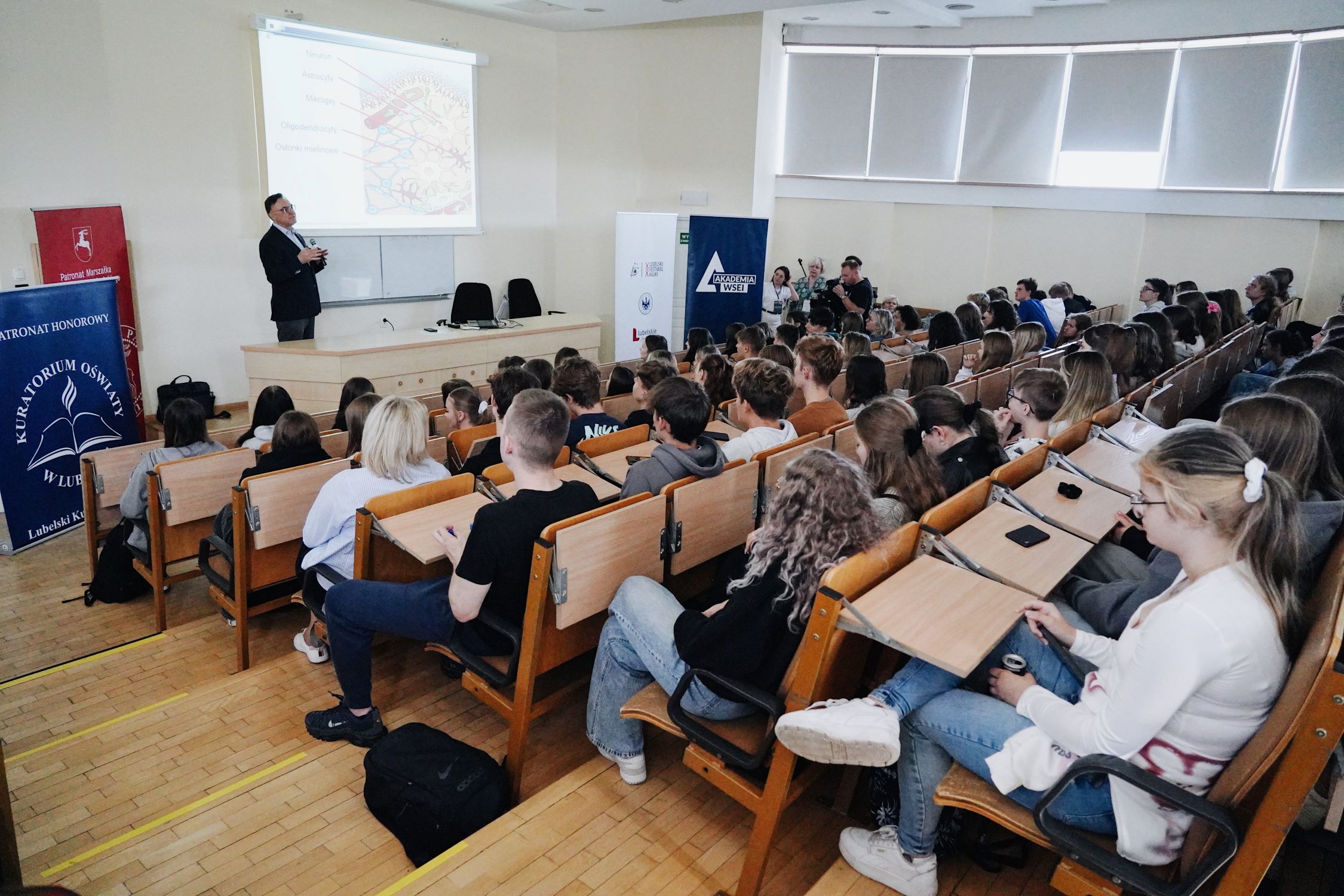
Czy najnowsze technologie pomogą nam leczyć mózg?
Pod tym tytułem odbył się wykład Pana Prof. dr hab. n. med. Konrada Rejdaka, będący wydarzeniem specjalnym XX Lubelskiego Festiwalu Nauki „Człowiek sercem nauki”. Wykład miał miejsce w poniedziałek 16.09.2024 r. w Auli Collegium Universum wypełnionej po brzegi młodzieżą z lubelskich szkół.
Prof. Konrad Rejdak jest lekarzem z 24-letnim doświadczeniem klinicznym, od 11 lat kieruje Kliniką Neurologii USK nr 4 w Lublinie. Jest też prezesem Polskiego Towarzystwa Neurologicznego, członkiem Krajowej Rady ds. Neurologii, a przede wszystkim pasjonatem nauki i neurologii klinicznej. Fascynuje się tajemnicami układu nerwowego i stale poszukuje możliwości leczenia jego zaburzeń, śledzi na bieżąco najnowsze doniesienia naukowe z tej dziedziny i chętnie dzieli się swoją wiedzą.
W trakcie wykładu Pan Profesor w sposób niezwykle ciekawy i przystępny, nawet dla osób niezwiązanych z medycyną, przybliżył najważniejsze elementy profilaktyki chorób neurodegeneracyjnych. Zwrócił uwagę słuchaczy na pojęcie zdrowego mózgu i podkreślił, co jest szczególnie istotne dla młodych uczestników – konieczność dbania o ten wyjątkowo wrażliwy organ poprzez m.in. odpowiednią ilość snu, zdrowe odżywianie czy unikanie używek. Wśród uczestników wykładu zaciekawienie wzbudziły takie informacje, jak występowanie niektórych chorób neurologicznych już w bardzo młodym wieku czy zwiększone ryzyko choroby Alzhaimera u osób nadużywających urządzeń elektronicznych. Pan Profesor przybliżył słuchaczom również nowoczesne metody diagnostyki i leczenia zaburzeń neurologicznych oraz wskazał na wyzwania XXI wieku w tym zakresie, takie jak wykorzystanie sztucznej inteligencji, bioinformatyki, robotów czy protez umieszczanych w obrębie układu nerwowego. Bioinżynieria rozwija się błyskawicznie na naszych oczach i być może już wkrótce za pomocą mikrochipów implantowanych do mózgu będziemy mogli sterować telefonem lub komputerem, a za ich pośrednictwem niemal każdym urządzeniem, po prostu za pomocą myśli. W większości uczestnikami wykładu byli młodzi ludzie, dlatego też tematyka wykładu związana z nowymi technologiami spotkała się z dużym zainteresowaniem i wzbudziła ożywioną dyskusję wśród słuchaczy. Wykład z pewnością był bogatym źródłem informacji, ale również inspiracją dla przyszłych naukowców.
W imieniu Uniwersytetu Medycznego w Lublinie i Komitetu Organizacyjnego Lubelskiego Festiwalu Nauki serdecznie dziękujemy Panu Profesorowi Konradowi Rejdakowi za uświetnienie jubileuszowej XX edycji festiwalu porywającym wykładem. Pozostajemy pod wrażeniem wielkiej pasji Pana Profesora i satysfakcji z dzielenia się wiedzą na najwyższym światowym poziomie!
Relacja:
dr hab. n. med. i n. o zdr. Ewa Gibuła-Tarłowska, prof. uczelni
dr n. med. Magdalena Dmoszyńska-Graniczka
Pod tym tytułem odbył się wykład Pana Prof. dr hab. n. med. Konrada Rejdaka, będący wydarzeniem specjalnym XX Lubelskiego Festiwalu Nauki „Człowiek sercem nauki”. Wykład miał miejsce w poniedziałek 16.09.2024 r. w Auli Collegium Universum wypełnionej po brzegi młodzieżą z lubelskich szkół.
Prof. Konrad Rejdak jest lekarzem z 24-letnim doświadczeniem klinicznym, od 11 lat kieruje Kliniką Neurologii USK nr 4 w Lublinie. Jest też prezesem Polskiego Towarzystwa Neurologicznego, członkiem Krajowej Rady ds. Neurologii, a przede wszystkim pasjonatem nauki i neurologii klinicznej. Fascynuje się tajemnicami układu nerwowego i stale poszukuje możliwości leczenia jego zaburzeń, śledzi na bieżąco najnowsze doniesienia naukowe z tej dziedziny i chętnie dzieli się swoją wiedzą.
W trakcie wykładu Pan Profesor w sposób niezwykle ciekawy i przystępny, nawet dla osób niezwiązanych z medycyną, przybliżył najważniejsze elementy profilaktyki chorób neurodegeneracyjnych. Zwrócił uwagę słuchaczy na pojęcie zdrowego mózgu i podkreślił, co jest szczególnie istotne dla młodych uczestników – konieczność dbania o ten wyjątkowo wrażliwy organ poprzez m.in. odpowiednią ilość snu, zdrowe odżywianie czy unikanie używek. Wśród uczestników wykładu zaciekawienie wzbudziły takie informacje, jak występowanie niektórych chorób neurologicznych już w bardzo młodym wieku czy zwiększone ryzyko choroby Alzhaimera u osób nadużywających urządzeń elektronicznych. Pan Profesor przybliżył słuchaczom również nowoczesne metody diagnostyki i leczenia zaburzeń neurologicznych oraz wskazał na wyzwania XXI wieku w tym zakresie, takie jak wykorzystanie sztucznej inteligencji, bioinformatyki, robotów czy protez umieszczanych w obrębie układu nerwowego. Bioinżynieria rozwija się błyskawicznie na naszych oczach i być może już wkrótce za pomocą mikrochipów implantowanych do mózgu będziemy mogli sterować telefonem lub komputerem, a za ich pośrednictwem niemal każdym urządzeniem, po prostu za pomocą myśli. W większości uczestnikami wykładu byli młodzi ludzie, dlatego też tematyka wykładu związana z nowymi technologiami spotkała się z dużym zainteresowaniem i wzbudziła ożywioną dyskusję wśród słuchaczy. Wykład z pewnością był bogatym źródłem informacji, ale również inspiracją dla przyszłych naukowców.
W imieniu Uniwersytetu Medycznego w Lublinie i Komitetu Organizacyjnego Lubelskiego Festiwalu Nauki serdecznie dziękujemy Panu Profesorowi Konradowi Rejdakowi za uświetnienie jubileuszowej XX edycji festiwalu porywającym wykładem. Pozostajemy pod wrażeniem wielkiej pasji Pana Profesora i satysfakcji z dzielenia się wiedzą na najwyższym światowym poziomie!
Relacja:
dr hab. n. med. i n. o zdr. Ewa Gibuła-Tarłowska, prof. uczelni
dr n. med. Magdalena Dmoszyńska-Graniczka
© 2022 Centrum Symulacji Medycznej UM w Lublinie
